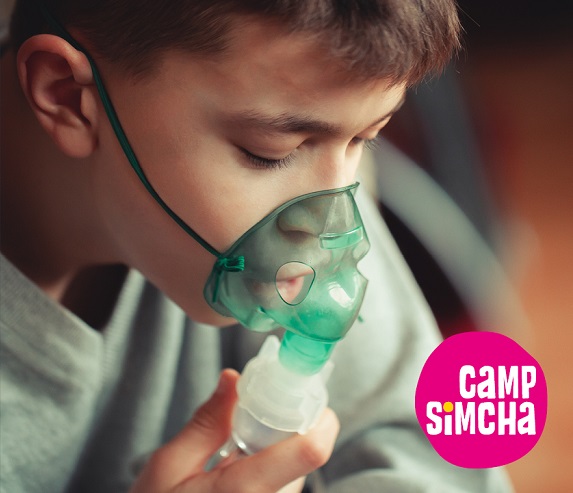


Finally, the moment many of us have eagerly been anticipating – schools are once again part of our children’s’ day to day reality.
Usually, during the last couple of weeks of summer before children go back to school, media and online platforms are filled with articles on how to manage children’s transition back to school. There will be suggestions on how to deal with the back to school jitters, how to make creative lunchboxes and how to avoid the queues in the shoe shops.
This year, I believe that despite the anticipation of schools starting once again, there may well be additional layers of concerns due to the reality of Covid- 19. A myriad of feelings, both positive and negative ones, are floating in the environment as the school gates finally open again.
Adults anticipating the new school year, might be grappling with new health worries and anxiety in relation to what the children may pick up whilst in school and worrying about how this may affect those more vulnerable in their immediate families. Financial and job worries, physical and mental health issues that were not there before Covid-19, exhaustion and uncertainty, all these and much more.
With children we may see changes that we have not previously experienced. For example, children that are usually anxious before the beginning of a new year are rushing back to see their friends, and others that would usually not have any issues before school suddenly develop emotional or physical symptoms that might keep them off school.
So despite Covid 19 – how do we help our children transition smoothly?
Often, we try and help our child manage anxiety by suggestion solutions and trying to fix things. It sometimes works but often we find that the issue crops up again in the same or in different context.
Adele Lafrence, in her book ‘What to say to kids when nothing seems to work’, explores the power of offering our children validation and emotional/ practical support.
She suggests we try solving our children’s worries by helping them put their concerns into words. When your child comes home from school on their first day and says: ‘I am not going back to school tomorrow’, possibly saying; ‘I really understand that you much rather stay home now that school has all these new rules and guidelines in place and being separated from the rest of the year group and some of your friends makes you feel worried and lonely.’ This way of responding will then allow them to feel validated and that they are not alone with their worries. Often as a result, she writes, you will find that they are then able to come up with their own ideas of how to manage the situation.
Emotional support can be demonstrated by showing confidence in your child’s ability to cope – with phrases like ‘I know this is difficult but you have managed difficult situations before and I really know you can do this’.
With validating their concerns, you will have managed half the battle and if necessary you can then offer some practical support with distracting techniques, like playing games on the way to school or actually giving them a ride on the first day rather than them having to take the bus.
The specific details will depend on you and your child.
The importance of making uninterrupted time to be truly present with our children and listen and hear what they are saying, is particularly important at the start of this school year. By validating their thoughts and feelings often they are then able to come up with their own solutions.
Remember, be kind to yourselves too, as sending kids to school during a pandemic is a first for all of us. Practice self-care for yourself and those in your care by combining a healthy diet, a structured sleep routine and consistent exercise regime and reaching out for help and support if needed.